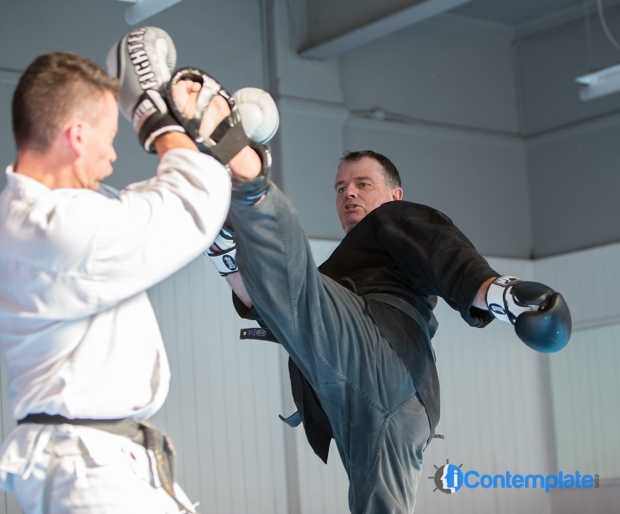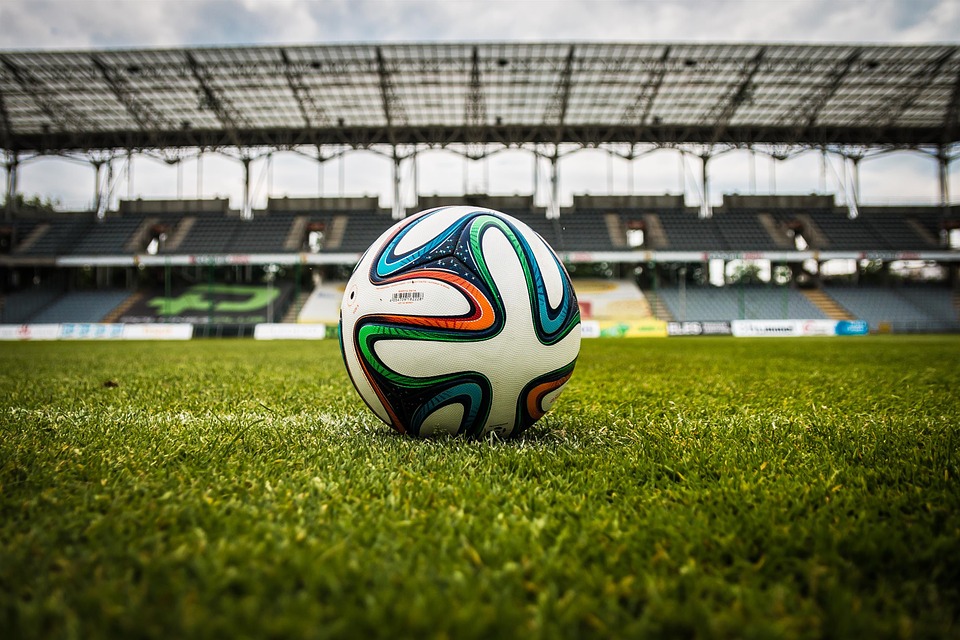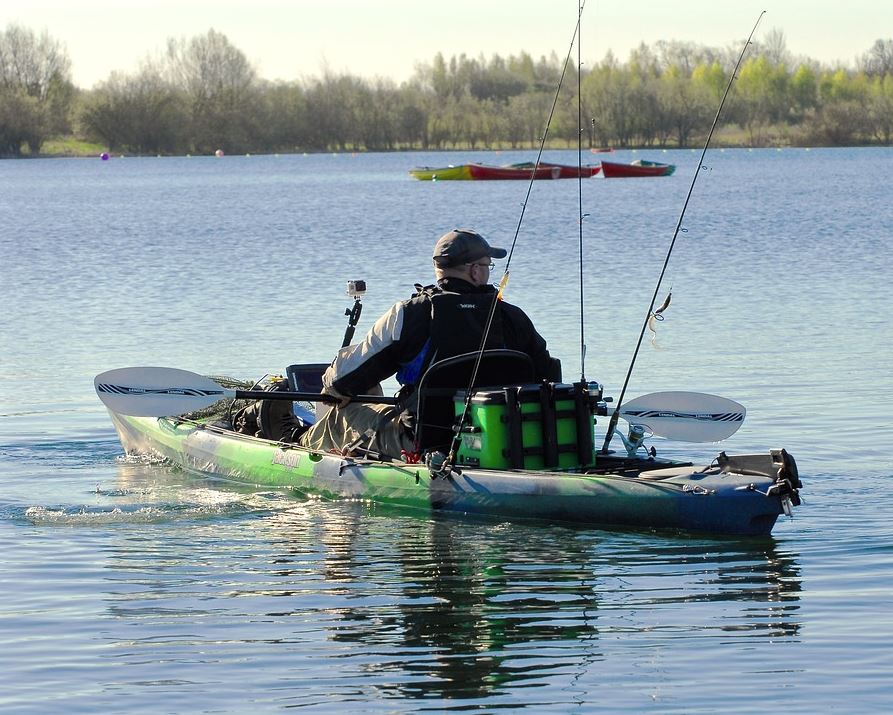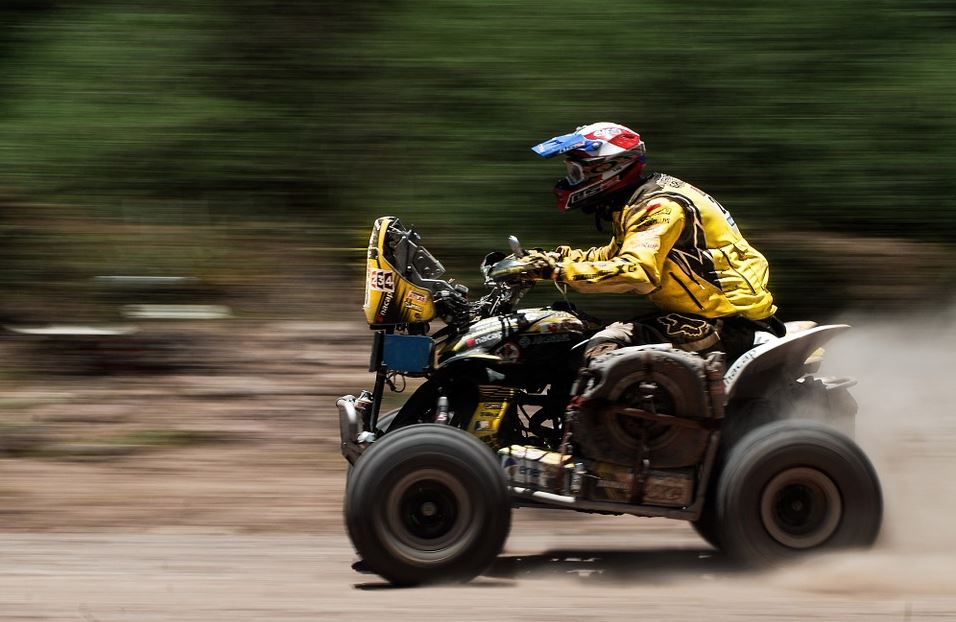Sparring is a key component of any martial arts practice, and understandably, it can be a bit daunting. Actually applying the skills you have learned can be a bit challenging; it is normal to feel a bit apprehensive of contact. After all, who is really all pumped to get kicked, punched and thrown around? It can take some getting used to, and here are some tips to help you do just that.
Keep Calm and Relaxed
This can be easier said than done, but trying to remain calm and relaxed as best you can will dramatically alter your sparring experience for the better. It is easy to get worked up when you are not sure what move to make next. You might come at your partner too hard, which will make him want to give it right back to you. Instilling a sense of calm and relaxation will help conserve energy and allow you to move with greater fluidity.
Get Feedback from Your Sparring Partners
One of the best ways to improve is to find out from your partners what you may be doing wrong or what needs to be improved. If they were able to take you down or fight off your advance, make sure you ask them what you did specifically that allowed them to do that. Feedback is important for success in Jiu-Jitsu and every other form of martial arts.
Simplicity is Key
Excelling in martial arts is not so much about mastering all sorts of complicated moves, it is actually about excelling at the most basic weapons such as the jab, cross, kick, hook, knee and push kick. These moves comprise the majority of a fight, not the fancy stuff like spinning back kicks. Just focusing on these core moves will improve your skills at a more rapid rate, and keep your head clearer during sparring sessions because you are not trying to remember all these complicated moves.
Establish a Goal
You will get the most out of sparring if you continually establish goals. Think about specific things you would like to work on and improve. Your teacher can give suggestions on what you may want to work on. Not only will you increase your skill more quickly, it can reduce the stress you may feel while sparring—you are focused on your goal and are not worrying as much what your opponent is doing. Then after the sparring session, ask your teacher for feedback on your performance, and what you did right and what you can do better, and how.
Don’t Rely on Just One Move
While it is good to focus on specific things you want to improve, or keep things simple, this doesn’t mean always going for the same move over and over. You want to practice a range of techniques. You can’t get skilled without the willingness to try new things. You have two feet, two hands and a plethora of combinations—go for it. It can be daunting sometimes to go with a move you don’t feel as confident about, but you’ll never gain that confidence without practice.





